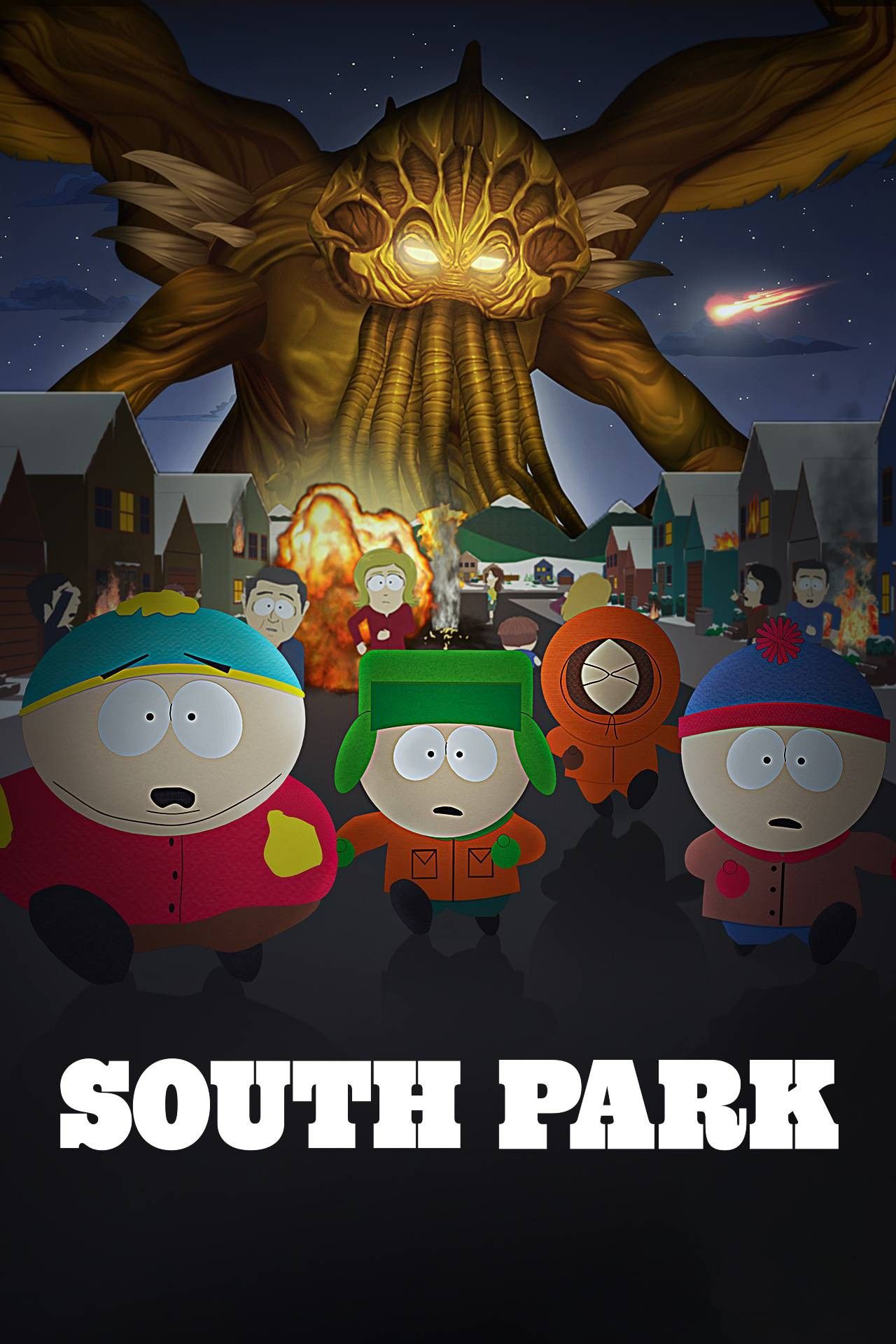While South Park hasn’t made a new Thanksgiving episode in over a decade, the show’s last celebration of the holiday did set up one of its biggest format changes. South Park season 27 won’t arrive until 2025, marking the longest gap between the show’s outings in its 28-year history. However, this is far from the first time South Park has changed. South Park’s first few seasons were absurdly crude, shamelessly silly, and primarily concerned with gore and chaos, but from season 4 onward, the show began to center on real-life news stories more frequently.
Related
South Park’s Most Controversial Halloween Joke Still Feels Too Far, Even After 18 Years
South Park has plenty of jokes that go too far, but one of the show’s most controversial missteps came from a Halloween special 18 years ago.
Since South Park is written, directed, and animated in the six days between episodes airing, the animated satire is uniquely suited to mocking events as they unfold. This means that South Park’s character comedy often took a backseat to spoofing current events in later seasons, while earlier seasons were more concerned with the gang and their antics. South Park’s banned episodes prove that this approach often courted controversy, but it wasn’t the last change that the series made to its style. In 2013, a Thanksgiving special led the creators of South Park to experiment with another formal change.
South Park Season 17’s Thanksgiving Trilogy Introduced Serialized Storytelling
The Three-Episode Event Began With Episode 7 “Black Friday”
South Park’s most recent Thanksgiving episode set up the show’s experiments with serialized storytelling in season 17, episode 7, “Black Friday.” This was not the first time the show had played with serialized stories, thanks to outings like season 10, episodes 3 and 4, “Cartoon Wars Part 1 and 2,” and season 11, episodes 10-12, “Imaginationland Episodes 1-3.” However, while the latter was only two episodes long and the former was released as a standalone movie after airing as three episodes, the Black Friday trilogy’s Game of Thrones parody was South Park’s first attempt to serialize the show’s main story.
The trilogy gained critical acclaim and the show’s co-creators Matt Stone and True Parker revisited serialized storytelling in season 18.
“Black Friday” centered on the kids of South Park arguing over which games console to buy in the titular shopping day’s sales, while episode 8, “A Song of Ass and Fire,” committed even more thoroughly to the show’s ambitious Game of Thrones parody. Episode 9, “******* and Dragons,” brought the trilogy to a close, but this wasn’t the end of South Park’s infatuation with this long-form storytelling style. The trilogy gained critical acclaim and the show’s co-creators Matt Stone and True Parker revisited the approach in season 18, before South Park’s Donald Trump plot doubled down on this new approach again.
South Park Season 18 Took Serialized Storytelling Further
South Park Seasons 19 and 20 Featured Fully Serialized Storylines
Unlike later seasons, South Park season 18 was not fully serialized. Instead, certain plot points and newly introduced characters followed through from one episode to another, breaking with the show’s usual reliance on returning to the status quo at the end of each episode. South Park was a particularly exaggerated example of this typical sitcom storytelling trope. The first few seasons of South Park even featured one of the main characters, Kenny, dying in every episode, only to appear in the next outing without explanation. However, season 14 upended this with plots that bled from one episode into the next.
Season 19 took things significantly further with the introduction of PC Principal and South Park’s version of Donald Trump, Mr, Garrison. These characters came to define the events of the season as South Park covered the news from Trump’s controversial presidential campaign, and the final episodes of season 19 told a cohesive story that only made sense for viewers who had been tuned in since episode 1. This was a radical departure from South Park’s usual storytelling style and, for a while, it seemed as if the long-running series had found an effective way to reinvent itself after twenty years.
Why South Park Dropped Serialized Storytelling
Season 20’s Election Plotline Highlighted The Format’s Limitations
However, South Park’s love affair with serialized storytelling was too good to be true and season 20 proved this for viewers. Long before South Park season 27 was delayed since the show’s creators admitted to Vanity Fair that they had nothing more to say about Trump, the politician was central to the story of season 20. Unfortunately for Stone and Parker, it proved impossible to center an entire season’s story around the assumed outcome of an election, only to predict it incorrectly. A lot of people assumed Hillary Clinton would win, but South Park season 20 relied on this.
The self-aware season 10 finale was dubbed “The End of Serialisation as We Know It,” but season 21 kept Heidi and Cartman’s relationship storyline going.
Although this did result in the final episodes of season 20 feeling disjointed and messy, this wasn’t the end of South Park’s flirtation with serialization. The self-aware season 10 finale was dubbed “The End of Serialisation as We Know It,” but season 21 kept Heidi and Cartman’s relationship storyline going for another ten episodes. Likewise, seasons 25 and 26 left Cartman living in a hotdog when his antics led to this fate, instead of immediately retconning this twist and returning to normal. Thus, South Park never fully abandoned serialization, although the show did drop its reliance on the storytelling strategy.
Source: Vanity Fair



